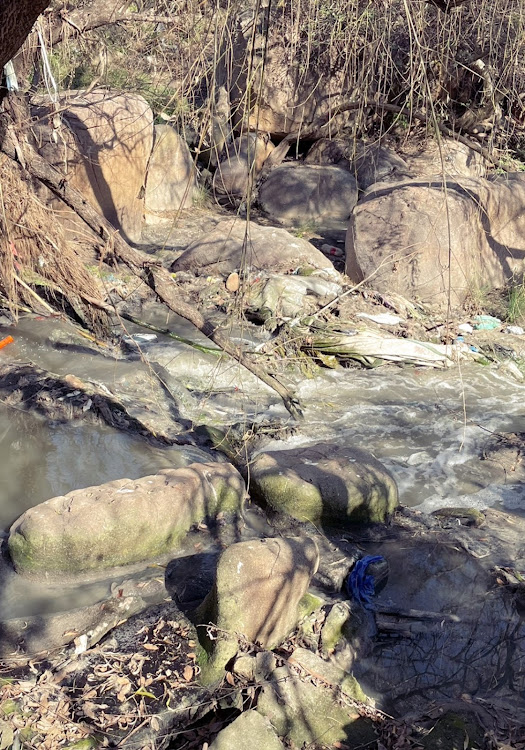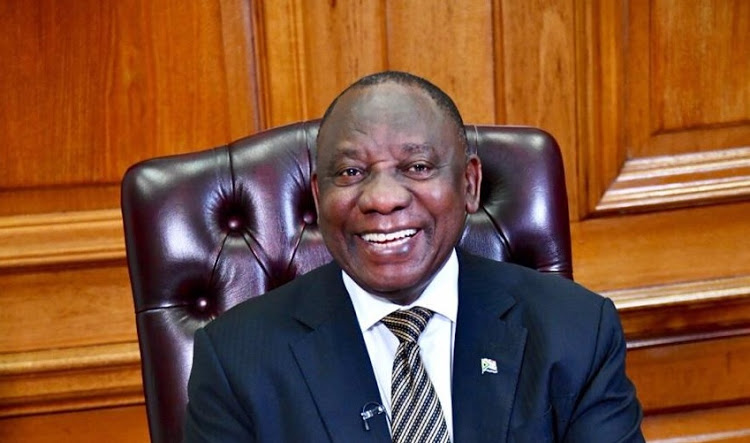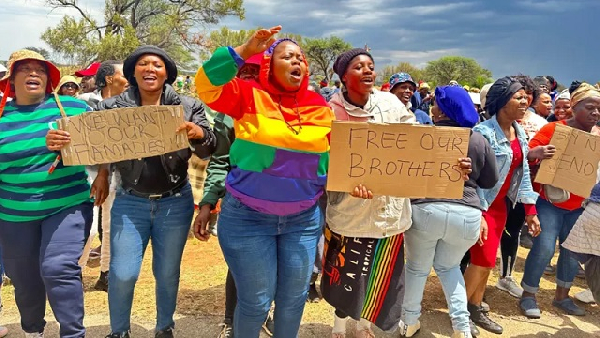Johannesburg residents threaten legal action if sewer stench and pollution isn’t solved

Frustrated Johannesburg residents have threatened to take legal action should Johannesburg Water continue to ignore sewer leaks which have left a stench over their homes and sewage seeping into the Bryanfern Spruit and the Klein Jukskei River.
Bryanfern residents have had enough of the air pollution which they say has been unattended to for years and polluted and contaminated the river.
Unrepaired sewer leaks have resulted in sewage spilling into the river between Oxford Road in Ferndale and Main Road in Bryanston.
Bryanfern Residents Association vice-chairperson Bronweyn Craig said this posed a threat to residents, nearby communities and the city’s water supply as there are were dozens of sewer leaks. .
“In the broader area, there are more than 80 sewage leaks between the Klein Jukskei, a tributary of the Jukskei River that ultimately runs into the Hartbeespoort Dam and Bronkhorstspruit River. Unless the matter is addressed as a matter of urgency, the Bryanfern Residents Association will have no option but to seek legal advice.
“The residents’ association is deeply concerned that a repeat of last year’s Hammanskraal cholera outbreak, which claimed 20 lives, could occur in the area,” said Craig.
My water supply has been interrupted often. Is my tap water safe to drink?
DA ward 104 councillor Emi Koekemoer told TimesLIVE she has repeatedly reported the stench and leaks to Johannesburg Water but her complaints have been ignored. The stench has affected house sales in the area.
“Residents on Cedar Street in Bryanston can barely breathe. A resident lost two offers on her house which was on the market because of the smell. It makes people sick. In the summer months, it becomes worse. It’s a big health and safety concern. The river runs into Hartbeespoort Dam and everyone around that river is affected all the way to the dam … No-one is taking it seriously,” Koekemoer told TimesLIVE.
She said she first brought the issue to the attention of Johannesburg Water on January 12 2022 as the smell became unbearable for residents. Since then, she has reported the matter every two weeks but has received no response.
“I started escalating [the matter] to the acting regional manager on a monthly basis and since then, they say they will look into it every time but nothing ever happens,” she said.
The WaterCAN community action network tested the water in the river last year and found high levels of E. coli and faecal bacteria. This was after sewage from pipes close to the Zandspruit pump station spilling into the river over the years.
“In short, the bacteriological count in the sampled water is very high for recreational use and cannot be used for drinking by humans or animals,” WaterCAN said.
The department of water & sanitation’s Green Drop Progress Assessment Report of 2023 found that 64% of wastewater treatment works are at a high or critical risk of discharging partially treated or untreated water into rivers and the environment.
The report found that could negatively affect the environment and pose risks to human health such as possible cholera outbreaks associated with wastewater pollution.
In another attempt to resolve the matter, the DA caucus requested Johannesburg Water in November last year to investigate the sewer leaks. They also asked for a report identifying leakages along the river banks that require repairs. The water entity has however remained mum, Koekemoer said.
“That is still not forthcoming and we asked for it again this year. Instead, Johannesburg Water and the regional manager asked that I send a list of sewer leaks in the ward, which is not the councillor’s job to identify sewer leaks. To a large extent, residents have been helping and would notify me and I would send it through but Johannesburg Water is not co-operative. They are brushing it off like it’s not a serious thing.”
Johannesburg Water spokesperson Nombusa Shabalala said the entity is aware of the sewer leaks but often finds foreign objects and grease clogging the sewer system.
She said such leaks are repaired as and when they are reported.
“Currently, technical teams are attending to the reported leaks. However, the teams struggled to gain access to some of the areas with the leakages, hence why it took some time to repair some of the leakages,” she said.
As to the high number of sewer leaks, she said this is due to the clogging of sewer pipes including foreign objects such as wipes, toys, or solid materials found lodged in the pipes. Grease and fat build-up from kitchen drains also restrict the flow of sewage.
“Over time, minerals and scale can accumulate on the inner walls of pipes, narrowing the pipe diameter and reducing flow. Preventing these issues involves responsible disposal practices and adherence to local bylaws and regulations to ensure the efficient operation of sewage systems.”
TimesLIVE





